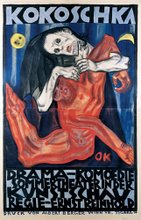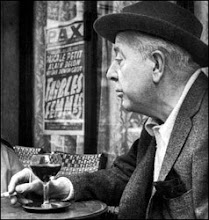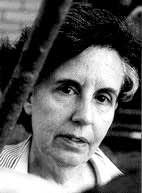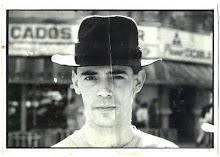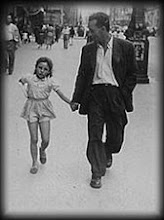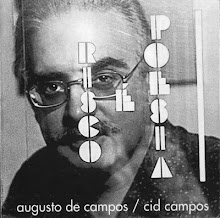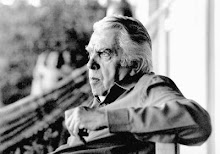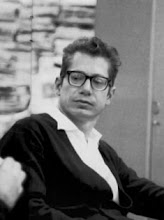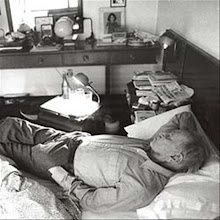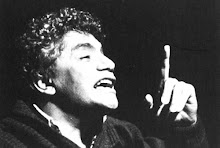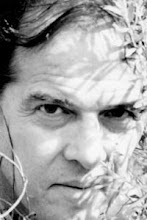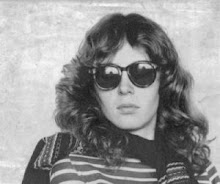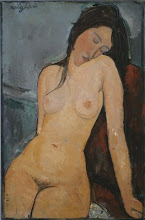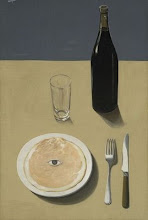The state is by no means a power imposed on society from without; just a little is it "the reality of the moral idea", "the image and the reality of reason", as Hegel maintains. Rather, it is a product of society at a particular stage of development; it is the admission that this society has involved itself in unsoluble self-contradiction and is cleft into irreconcilable antagonisms which it is powerless to exorcise. But in order that these antagonisms, classes with conflicting economic interests, shall not consume thenselves and society in fruitless struggles, a power, apparently standing above society, has become necessary to moderate the conflict and keep it within the bounds of "order", and this power, arising out of society, but placing itself above it and increasingly alienating itself from it, is the state.
As the state arose from the need to keep class antagonisms in check, but also arose in the thick of the fight between the classes, it is normally the state of the most powerful, economically ruling class, which by its means becomes also the politically ruling class, and so acquires new means of holding down and exploiting the oppressed classes. The ancient state was, above all, the state of the slaveowners for holding down the slaves, just as the feudal state was the organ of the nobility for holding down the peasant serfs and bondsmen, and the modern representative state is the instrument for exploiting wage-labour by capital.
Friedrich Engels
1820 - 1895


![[...]](https://blogger.googleusercontent.com/img/b/R29vZ2xl/AVvXsEjeNC2Kyxd34r2LuofHe9-vdXHeHwG3_2NhVmIOTlK2moU0Q4R7taMlS8iMmQgEl1-NdaRsPrLdREzfQZYKfUgjslwLZUZe67dAfFBREu-YRx6WGX-vAUt5eJT4_-lFwT4dGzGCQQ/s220/11798115_858304687558226_1857652538_n.jpg)
